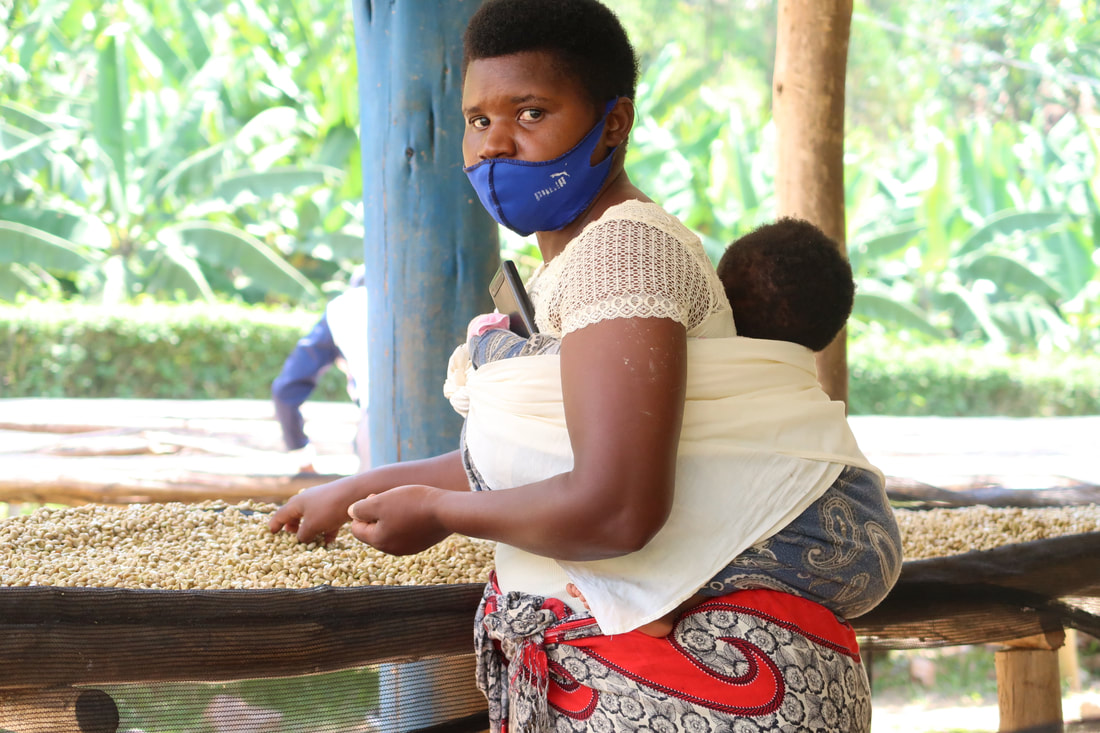2. An important problem with this economic dimension of sustainability is that many environmental and social costs are not assumed by the entity that causes them and, therefore, are not expressed in the market price. In economics this is known as externalities, and in this case negative externalities. In specialty coffee we associate this dimension with the prosperity of the coffee farmer; and we try to solve the negative externalities through increased wages (price per kg of cherry), increased productivity (access to fertilizers and agricultural in-puts), quality improvement (training and qualification), efficiency of the logistics chain (incorporation and technological renewal) and increased demand (marketing and ethical trade).
3. Healthy ecosystems provide vital goods and services for humans and other organisms, but feeding nearly eight billion human bodies comes at a high cost to Earth's resources. This starts with the appropriation of about 38% of the planet's land surface and about 20% of its net primary productivity. Add to this the activities of agribusiness: from the crops' need for irrigation water, synthetic fertilizers, and pesticides to the resource costs of food packaging, transportation (now a major part of world trade), and retailing. The environmental problems associated with the production, logistics and marketing of specialty coffee must be addressed through sustainable agriculture, water use and recycling, reduction of deforestation and soil care.
The question that we should all ask ourselves is if there really is sustainability in specialty coffee? And if it exists, how can we measure it? At Kilimanjaro Specialty Coffees, since last year we have begun to publish some sustainability parameters, such as gender equity in the washing stations where we work and the price per kg of cherry that we pay to coffee farmers. But our goal is to publish at least 5 sustainability parameters by the end of the year, for each of the coffees we work with.
Demand sustainability and enjoy your coffee!



 RSS Feed
RSS Feed